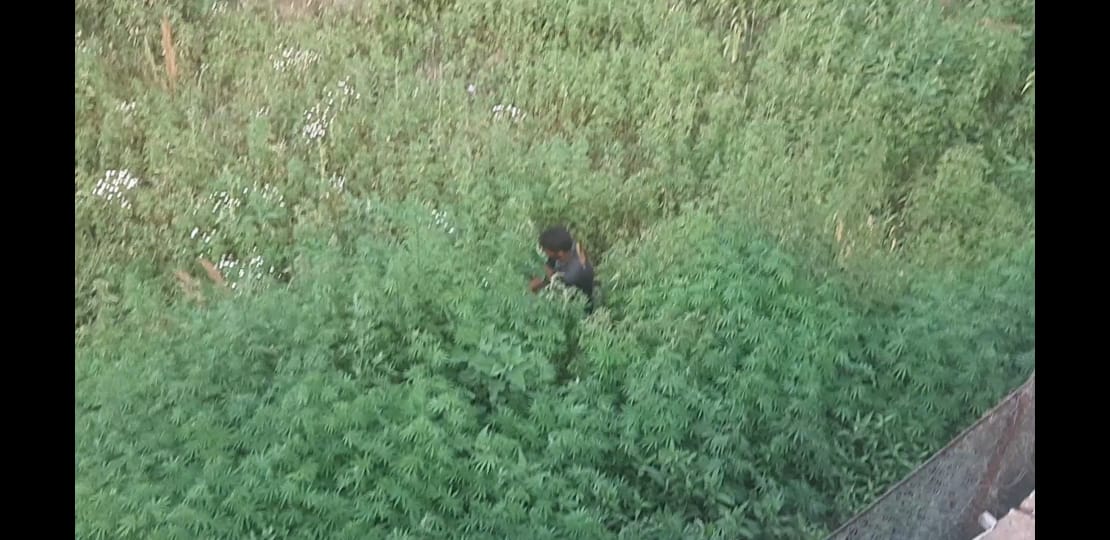Bhaderwah, Jammu & Kashmir – June 15: A recently surfaced video from Bhaderwah valley shows a person allegedly extracting or consuming charas, highlighting a growing concern in Jammu and Kashmir — the silent but rising wave of cannabis addiction, particularly among youth.
While the cultivation and use of cannabis remain illegal in J&K under the NDPS Act, the contradiction becomes clear when compared with other Indian states like Uttarakhand and Madhya Pradesh where limited cultivation is permitted for industrial or medicinal use.
Ironically, while strict narcotics enforcement in J&K leads to routine destruction of wild cannabis crops, many parts of India and the world are actively exploring its regulated use — from producing bio-plastics and hempcrete to treating chronic illnesses like epilepsy and anxiety.
“Prohibition has not eliminated the use — it has only driven it underground,” says a local health worker from Doda, requesting anonymity.
“We’re treating growing cases of dependency, especially in rural belts where awareness and rehabilitation access are minimal.”Globally, countries like Canada, Uruguay, and parts of the United States have legalized cannabis either fully or for medicinal use, and are now seeing significant economic gains. In contrast, J&K has been battling illicit trade, with charas from Himalayan areas occasionally making headlines for trafficking busts.Local opinion is quietly shifting.
Many argue that legalizing cannabis — under regulated and scientific guidelines — could reduce illegal trade, control unsafe usage, and even generate employment in the hills where few cash crops thrive.However, not everyone agrees. “Addiction destroys families,” says one teacher in Bhaderwah. “The risk of legalizing it here, without a mature societal framework, may do more harm than good.”
The debate is real — and urgent. With increasing cases of substance abuse in the region, the government faces a hard choice: continue with strict prohibition or explore a modernized, regulated approach that balances public health with economic potential.Either way, what is clear is that the present policy is neither containing use nor protecting the most vulnerable.
By Mansoor Qadir.



